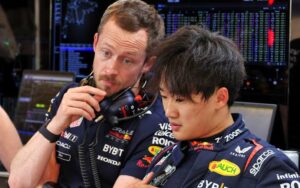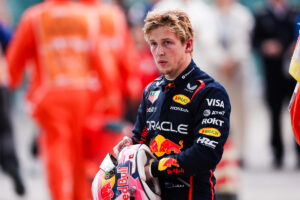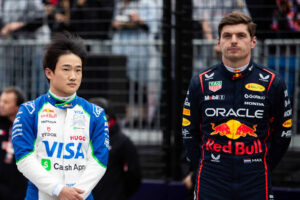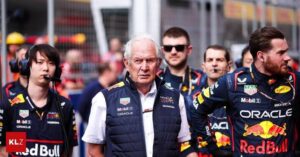Just in: Mercedes to blame for BRUTAL Hamilton treatment amidst…Read more
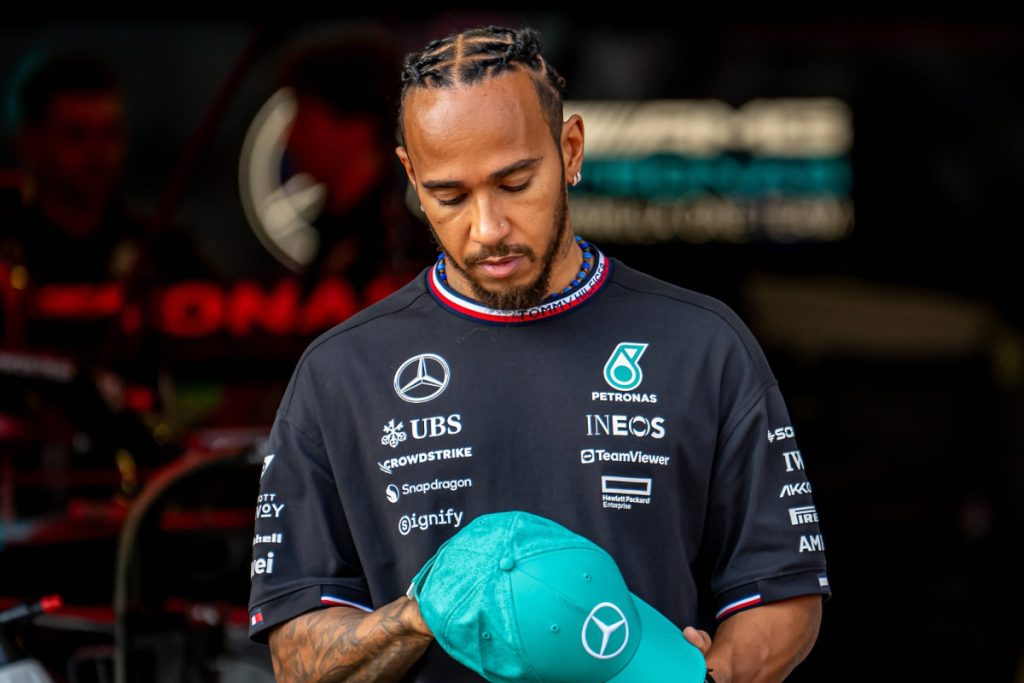
Mercedes to blame for BRUTAL Hamilton treatment
Lewis Hamilton’s recent performances in Formula 1 have sparked intense debate, with critics suggesting the seven-time world champion is “past his prime.”
These opinions have gained traction as Hamilton has struggled to secure strong finishes in recent races, often failing to break into the top ten.
However, a closer analysis reveals that Hamilton’s dip in form may have less to do with his skills as a driver and more to do with the challenges posed by Mercedes’ underperforming car.
The 2024 season has been a stark departure from Hamilton’s dominant years at the top of the sport.
His results have lagged behind those of his teammate George Russell, leading many to question whether Hamilton has lost the edge that once made him nearly unbeatable.
Following disappointing results at the Brazilian and U.S. Grands Prix, high-profile critics like Jeremy Clarkson and Bernie Ecclestone have not held back in criticizing Hamilton, claiming his best days are behind him.
But Ferrari’s recent decision to sign Hamilton for the 2025 season suggests a different perspective: that the issue lies with Mercedes, not the driver.
Hamilton’s struggles in 2024 highlight Mercedes’ ongoing decline. His crash at the U.S. Grand Prix and a P10 finish in Brazil, which he described as a “disaster of a weekend,” underscore the difficulties he’s faced.
Hamilton was quick to point out that the Brazilian GP was “the worst the car has ever been.”
In contrast, Russell has occasionally delivered better results, feeding into the narrative that Hamilton’s abilities are waning. However, this comparison doesn’t tell the whole story.
Russell joined Mercedes in 2022, during a period when new regulations severely impacted the team’s dominance.
For Russell, a car that struggles to compete for wins is still an upgrade compared to the uncompetitive Williams he previously drove.
In contrast, Hamilton is accustomed to piloting one of the most dominant cars in F1 history.
His extensive experience, spanning three decades in the sport, makes his current challenges with an underperforming Mercedes particularly glaring.
Moreover, Russell represents Mercedes’ future, while Hamilton’s impending move to Ferrari for 2025 has likely shifted his focus.
It’s plausible that Mercedes is withholding certain technical data from Hamilton to protect their competitive edge against a future rival. This potential lack of access could hinder Hamilton’s ability to maximize performance.
Additionally, knowing that he’s leaving the team, Hamilton may not be as fully invested as he was during his peak years with Mercedes.
Ferrari’s faith in Hamilton highlights the potential for a resurgence. The Italian team has been steadily improving, and by 2025, they could have a car capable of competing for a world championship.
Joining Ferrari offers Hamilton a fresh challenge and the opportunity to reignite his motivation.
While age might slightly diminish his sharpness, Hamilton’s wealth of experience and natural talent remain assets that most drivers on the grid cannot match.
Critics who dismiss Hamilton’s abilities overlook important context. His Silverstone performance earlier this year demonstrated that, even in a struggling car, Hamilton still has the skill to deliver exceptional results.
The poor form of Mercedes has exaggerated his perceived decline, masking the fact that he is still one of the most talented drivers on the grid.
Mercedes’ current struggles extend beyond Hamilton. The team has failed to adapt to recent regulation changes, and their car’s performance is a shadow of the machine that helped Hamilton secure six of his seven world titles.
These limitations make it unfair to pin the blame solely on Hamilton, especially when Russell’s relative success can be partially attributed to his acclimatization to an underperforming team.
Hamilton’s decision to join Ferrari could signal a turning point. A rejuvenated Ferrari partnership might unlock a new chapter in his career, allowing him to silence critics and compete for victories once again.
While it’s true that no driver remains at their peak indefinitely, Hamilton’s experience, determination, and skill are undeniable.
Writing him off now, based solely on a tough period at Mercedes, would be premature.
Ultimately, the narrative of Hamilton’s decline fails to account for the role Mercedes’ performance has played in shaping his recent results.
A struggling car has exposed vulnerabilities that were once masked by the team’s dominance.
However, if Ferrari delivers on its promise, Hamilton could remind the world why he is considered one of the greatest drivers in F1 history.
His critics may soon have to reevaluate their stance when Hamilton is back in a car capable of competing in the front.

